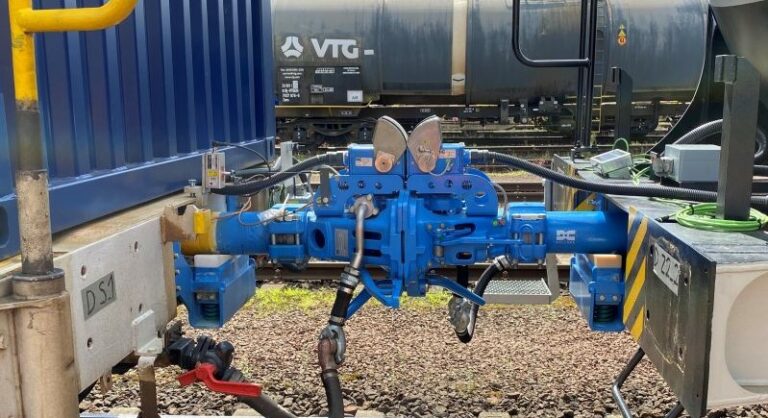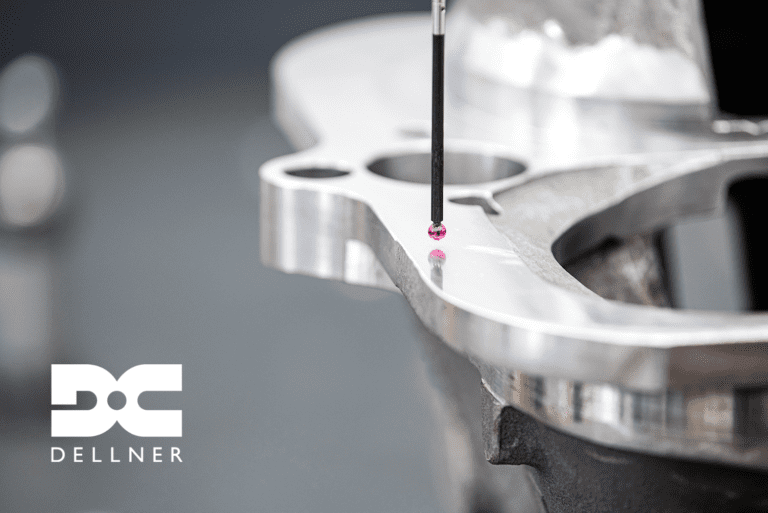On 10 July, the European Rail Sector turned to Brussels to signal the urgent need to start shaping the political, financial and legal framework for the coordinated European implementation of DAC and its automation and digital technology in all European freight cars and locomotives to accelerate the digitisation of rail freight transport.
Along with other associations, Dellner shares the view that the EU should streamline public sector investment during the transition period, that DAC should be clearly defined, harmonised and intensively tested before implementation, and a centralised European implementation management unit should monitor the entire process.
DAC is an innovative technology that is a prerequisite for transforming the rail system and it marks a small revolution for century-old rail freight transport. Not only will it allow automatic coupling and uncoupling of cars in a freight train both physically (mechanical connection and air line for braking) and digitally (electrical power and data transmission connection), but it will also open up many opportunities for modernising and automating rail transportation.
There is an understanding of the need to strengthen rail freight transport in Europe, which is currently in decline. It is significantly better in terms of CO2 emissions than road transport and will help Europe achieve its Green Deal and decarbonisation goals.
Dellner is part of a sector actively involved in the implementation of DAC in the European market, so as a member of the European Rail Sector, we also signed the statement.
As a sector, we call on the European Commission and Member States to jointly start working on shaping the political, budgetary and legal framework for a coordinated European implementation of DAC and its automation and digital technology, providing public support for the upcoming phases, in full compliance with the necessary ERTMS and infrastructure investments.
Please find the full statement in attached.



